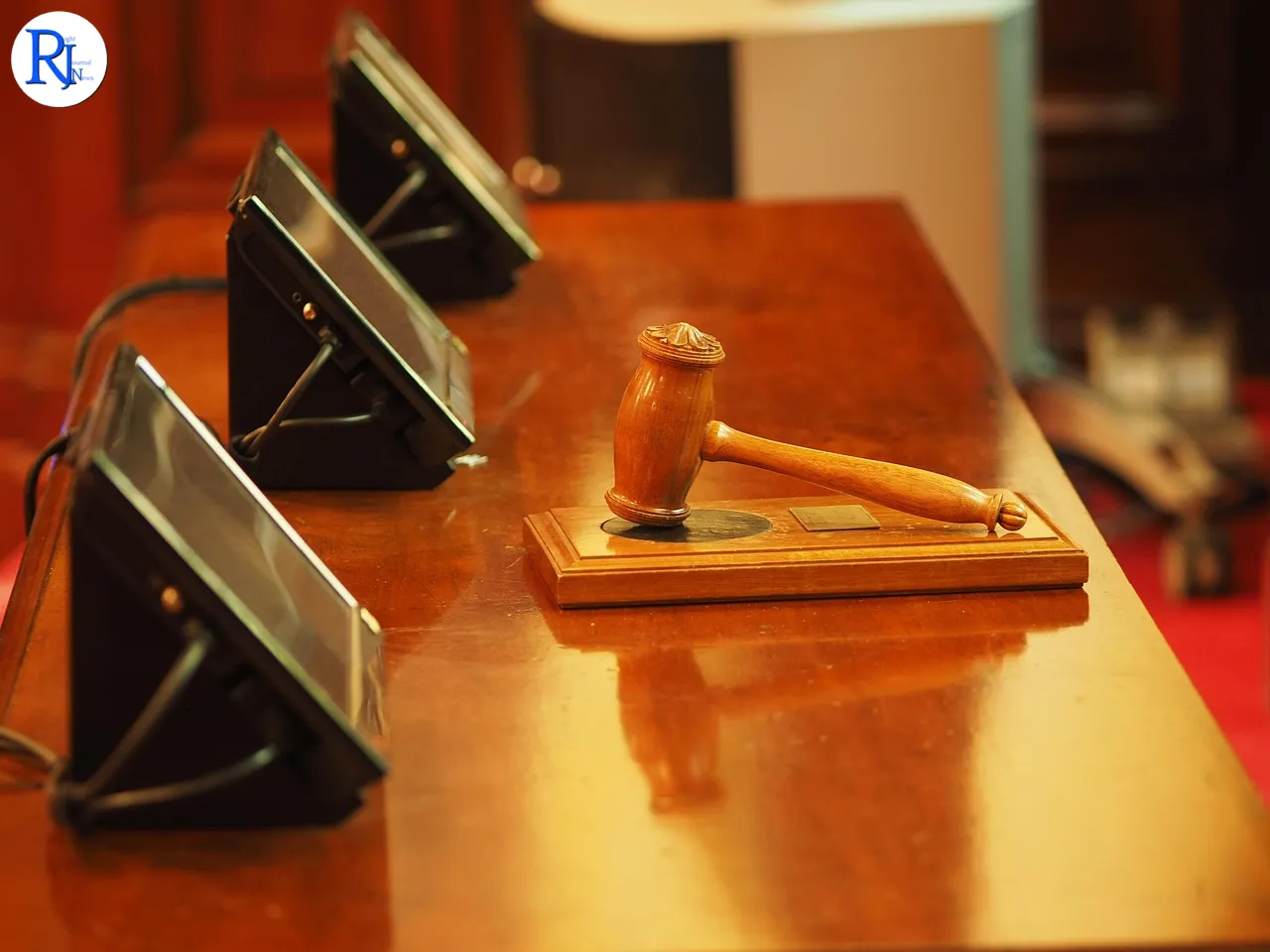A significant legal development unfolded as the High Court issued a freezing order against the non-lawyer owner of a law firm previously closed by the Solicitors Regulation Authority (SRA). This order was sought by the solicitor who originally sold the firm. The court’s decision marks a pivotal moment in the ongoing legal and regulatory scrutiny of the firm’s operations and ownership transitions.
The freezing order aims to prevent the successor from dissipating assets, ensuring that funds remain available for potential future legal claims. This move underscores the complexities involved when non-lawyers acquire law firms, raising questions about oversight and accountability in the legal industry.

Background of the Legal Dispute
The legal dispute stems from the sale of the law firm, which was initially owned by a practising solicitor before being transferred to a non-lawyer. The SRA intervened and shut down the firm last year, citing regulatory breaches. The solicitor, who sold the firm, alleges that the successor failed to uphold the firm’s operational standards and financial commitments.
The High Court’s freezing order serves as a protective measure, safeguarding the assets that might be required to settle any forthcoming legal claims. This decision reflects the court’s proactive stance in addressing potential financial misconduct and ensuring justice for affected parties.
Regulatory Concerns and SRA’s Involvement
The SRA’s involvement in closing the firm highlights the regulatory body’s vigilance in maintaining legal standards. The closure was part of a broader effort to ensure that law firms operate within the established legal framework, particularly when ownership changes hands. The SRA’s decision to shut down the firm was influenced by concerns over the successor’s ability to manage and adhere to regulatory requirements.
This case has amplified discussions about the role of non-lawyers in owning and managing law firms. Legal experts argue that while non-lawyer ownership can bring diverse perspectives, it also necessitates stringent oversight to prevent regulatory breaches and ensure client protection.
Implications for the Legal Industry
The High Court’s decision to issue a freezing order has significant implications for the legal industry, particularly concerning the sale and ownership of law firms. Legal analysts suggest that this case could set a precedent for future transactions, emphasising the need for thorough due diligence and compliance with regulatory standards.
The involvement of non-lawyers in law firm ownership continues to be a contentious issue. Advocates for stricter regulations argue that such ownership structures must be closely monitored to prevent potential conflicts of interest and ensure that client interests remain paramount.
Expert Insights and Industry Reactions
Legal experts have weighed in on the case, highlighting the importance of maintaining rigorous regulatory oversight in the legal sector. Professor James Eldridge, a legal ethics expert, noted that the freezing order serves as a critical reminder of the need for transparency and accountability in law firm operations, particularly when ownership changes occur.
Industry reactions have been mixed, with some practitioners expressing concern over the potential impact on non-lawyer ownership models. However, others view the High Court’s decision as a necessary step to uphold the integrity of the legal profession and protect clients from potential malpractice.
Future Outlook
As the case progresses, the legal community will closely monitor its developments and potential ramifications. The High Court’s freezing order sets a precedent for how the legal system can proactively address concerns over asset management and regulatory compliance in law firm ownership transitions.
Moving forward, this case may influence future regulatory reforms aimed at strengthening oversight of non-lawyer owned law firms. The legal industry is likely to see increased scrutiny in ownership transactions, ensuring that all parties adhere to the highest standards of legal and ethical conduct.
The High Court’s decision not only addresses immediate concerns but also signals a broader commitment to safeguarding the legal profession’s integrity. As the industry adapts to evolving ownership models, maintaining a balance between innovation and regulation will be crucial in preserving public trust and confidence in legal services.

